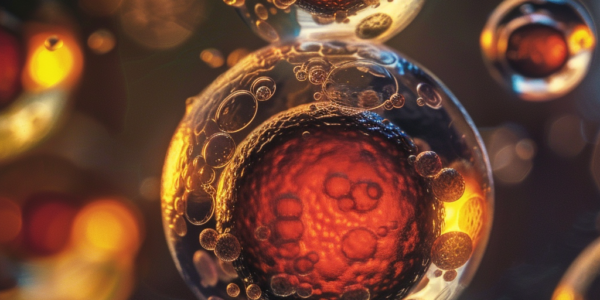Study Suggests Rapamycin May Extend Women’s Fertility and Promote Healthier Aging
A groundbreaking study suggests that the immunosuppressant rapamycin could extend women’s fertility by up to five years while promoting healthier aging. Co-led by experts at Columbia University, the Vibrant study aims to slow ovarian aging and delay menopause, potentially revolutionizing women’s reproductive health. Early findings indicate a 20% decrease in ovarian aging with minimal side effects, offering hope for women facing age-related fertility challenges. As participant enrollment continues, this research could change the landscape of women’s health.
Navigating Infertility: A Journey of Hope and Resilience
As Mother’s Day 2024 approaches, the topic of infertility and childlessness is once again in focus. One individual shares her journey of infertility and finding fulfillment in motherhood through adoption. Reflecting on the emotional toll of infertility, she emphasizes the importance of support and solidarity. Catholic Infertility Ministry Springs in the Desert offers comfort and community for those navigating infertility. Let’s celebrate all forms of motherhood and remember those silently struggling with infertility, creating a more inclusive and compassionate space.
Challenging the Traditional Narrative of Female Fertility After 35
Recent research challenges the traditional narrative of a sudden decline in female fertility after the age of 35. While there is a noticeable acceleration in the decline of egg quality and quantity after this age, the impact of age on fertility varies among individuals. Infertility becomes more likely as prospective parents grow older, but not conceiving within a year does not rule out the possibility of natural conception in the future. Assisted reproductive technologies also offer viable options for women in their late 30s, challenging the idea of a sudden and drastic decline in fertility at 35.
Discovery of Male Fertility Gene
Scientists have discovered a male fertility gene, SPOCD1, that works in partnership with the C19orf84 gene to protect early-stage precursors to sperm cells from damage. Understanding how these genes work together could explain the basis of severe cases of male infertility. The findings, published in Molecular Cell, shed light on the genetic causes of conditions like cryptozoospermia and azoospermia, which affect around one percent of men.
Study Reveals Potential to Delay Menopause Indefinitely Through Ovarian Tissue Transplantation
A recent study conducted by a cohort of researchers, including experts from CU Anschutz, has shed light on the potential to delay menopause indefinitely through the transplantation of ovarian tissue. This groundbreaking research offers hope for women seeking to prolong…





